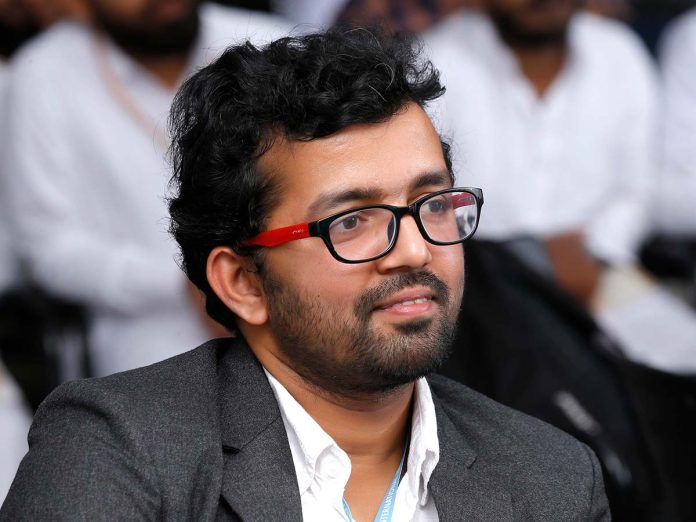— Mohammed Atherulla Shariff
Bengaluru: Mahmood Kooria, lecturer at the University of Edinburgh, was honoured for his work on maritime Islam and Islamic law’s influence on economic, political and cultural shifts across the Indian Ocean, particularly in Kerala’s pre-modern era.
The Infosys Science Foundation (ISF) revealed the winners of the 2024 Infosys Prize on Thursday, November 14, celebrating excellence in research across six categories: economics, engineering and computer science, humanities and social sciences, life sciences, mathematical sciences and physical sciences. The awards ceremony took place at the ISF office in Bengaluru. Winners were chosen by an international panel of scholars and experts.
Prof. Mahmood Kooria’s historical scholarship has enriched, in fact radically revised, the study of maritime Islam in general and of the Islamic communities and cultures of Kerala in particular. Prof. Kooria’s range is spectacular: from East Africa, the Middle East, to South Asia and Indonesia and Malaysia, also including the colonial powers of the Netherlands, Great Britain, and Germany.
He has produced an intellectual and cultural history of Shafi‘i Islam in the Indian Ocean and brought to life the controversies and debates among Kerala-based Muslim jurists, poets, and scholars in the contexts of changing social, economic, agrarian, and ritual life in pre-modern and early modern Malabar.
Kooria has also created an active community of historians whose work embraces the entire physical space of the Indian Ocean coasts and the longue durée of Islamic cultures throughout that global, though always locally inflected, space. His book, Islamic Law in Circulation: Shafi‘i Texts Across the Indian Ocean and the Mediterranean (2022), gives us not only a narrative prosopography of all the major Kerala authors and texts, in Arabic and Malayalam, but also subtle analyses of this large corpus in terms of its historical presence and meaning.
Mahmood Kooria is also the first historian of Kerala to describe in depth the impact of maritime Islam—not only merchant-sailors but also itinerant scholars, poets, and thinkers — on the agrarian landscape of north Malabar in the 17th and 18th centuries. His two edited volumes — Malabar in the Indian Ocean: Cosmopolitanism in a Maritime Historical Region (with Michael Naylor Pearson) and Islamic Law in the Indian Ocean World: Texts, Ideas and Practices (with Sanne Ravensbergen) — open up a formidable menu of case studies. His sensitivity to novel ideas (evident in the name of the latter volume) as intrinsic to the historical study of hard-core socio-economic and political processes.




